Comprehensive Tests for Convergence and Divergence of Infinite Series
[include_netrun_products_block from-products="product/6-south-carolina-sc-ready-grade-3-math-practice-tests/" product-list-class="bundle-products float-left" product-item-class="float-left" product-item-image-container-class="p-0 float-left" product-item-image-container-size="col-2" product-item-image-container-custom-style="" product-item-container-size="" product-item-add-to-cart-class="btn-accent btn-purchase-ajax" product-item-button-custom-url="{{url}}/?ajax-add-to-cart={{id}}" product-item-button-custom-url-if-not-salable="{{productUrl}} product-item-container-class="" product-item-element-order="image,title,purchase,price" product-item-title-size="" product-item-title-wrapper-size="col-10" product-item-title-tag="h3" product-item-title-class="mt-0" product-item-title-wrapper-class="float-left pr-0" product-item-price-size="" product-item-purchase-size="" product-item-purchase-wrapper-size="" product-item-price-wrapper-class="pr-0 float-left" product-item-price-wrapper-size="col-10" product-item-read-more-text="" product-item-add-to-cart-text="" product-item-add-to-cart-custom-attribute="title='Purchase this book with single click'" product-item-thumbnail-size="290-380" show-details="false" show-excerpt="false" paginate="false" lazy-load="true"] [include_netrun_products_block from-products="product/6-south-carolina-sc-ready-grade-3-math-practice-tests/" product-list-class="bundle-products float-left" product-item-class="float-left" product-item-image-container-class="p-0 float-left" product-item-image-container-size="col-2" product-item-image-container-custom-style="" product-item-container-size="" product-item-add-to-cart-class="btn-accent btn-purchase-ajax" product-item-button-custom-url="{{url}}/?ajax-add-to-cart={{id}}" product-item-button-custom-url-if-not-salable="{{productUrl}} product-item-container-class="" product-item-element-order="image,title,purchase,price" product-item-title-size="" product-item-title-wrapper-size="col-10" product-item-title-tag="h3" product-item-title-class="mt-0" product-item-title-wrapper-class="float-left pr-0" product-item-price-size="" product-item-purchase-size="" product-item-purchase-wrapper-size="" product-item-price-wrapper-class="pr-0 float-left" product-item-price-wrapper-size="col-10" product-item-read-more-text="" product-item-add-to-cart-text="" product-item-add-to-cart-custom-attribute="title='Purchase this book with single click'" product-item-thumbnail-size="290-380" show-details="false" show-excerpt="false" paginate="false" lazy-load="true"]

Tests for convergence and divergence help determine if an infinite series approaches a finite limit (converges) or grows without bound (diverges). Several primary tests include: For additional educational resources,.
- Nth-Term Test: If the \( n \)-th term of a series does not approach zero as \( n \to \infty \), the series diverges.
- Integral Test: Used when terms are positive and decreasing, integrating the function representing the series can show convergence if the integral is finite.
- Comparison Test: By comparing the series to a known convergent or divergent series, convergence or divergence can be established.
- Limit Comparison Test: Useful when two series behave similarly; taking the limit of their ratio confirms convergence or divergence.
- Ratio Test: For series with factorials or exponential terms, the limit of the ratio of consecutive terms indicates convergence if less than \(1\), divergence if greater than \(1\).
- Root Test: By taking the \( n \)-th root of terms and finding the limit, convergence is indicated if less than \(1\).
Let’s explore each test further:
- Nth-Term Test: This simplest test checks if the \( n \)-th term of a series approaches zero as \( n \to \infty \). If it does not, the series diverges. However, if it does approach zero, further testing is required since this test alone cannot confirm convergence.
- Integral Test: For series with positive, continuous, and decreasing terms, integrating a corresponding function, \( f(x) \), can reveal convergence or divergence. If the improper integral \( \int_{1}^{\infty} f(x) \, dx \) is finite, the series converges; if not, it diverges.
- Comparison Test: Useful when comparing to a known series, this test involves determining whether terms of the series are smaller or larger than a known convergent or divergent series.
- Limit Comparison Test: Often used when the terms of two series behave similarly, we take the limit of the ratio of their terms. If the limit is a positive, finite constant, both series will either converge or diverge together.
- Ratio Test: Especially useful for series with factorials or exponentials, this test evaluates \( \lim_{n \to \infty} \left| \frac{a_{n+1}}{a_n} \right| \). If the result is less than \(1\), the series converges absolutely; if greater than \(1\), it diverges. A result equal to \(1\) requires other tests for a conclusion.
- Root Test: This test examines \( \lim_{n \to \infty} \sqrt[n]{|a_n|} \). If the limit is less than \(1\), the series converges absolutely; if greater than \(1\), it diverges. Like the ratio test, a result of \(1\) is inconclusive.
Each of these tests offers distinct insights and is applied based on the series’ characteristics. Together, they form a toolkit for analyzing series behavior, integral in fields that rely on infinite summations, such as physics, engineering, and applied mathematics.
Frequently Asked Questions
How do I help my child prepare for the math test?
To help your child prepare for their math test, it’s beneficial to start by familiarizing them with the types of questions they might encounter, particularly those involving the convergence and divergence of infinite series if that’s relevant to their syllabus. Practice is key, so incorporating daily exercises from a variety of sources can be very effective. Consider using resources like Worksheets tailored to their grade level to reinforce their understanding. Additionally, explore engaging books that make learning math fun and interactive, such as those listed in Top 10 Grade 3 Math Books Inspiring Young Mathematicians To Explore, which can provide both practice and inspiration.
What math skills should my 3rd grader know?
By third grade, children should have a solid foundation in basic arithmetic, including addition, subtraction, multiplication, and division. They should also be comfortable working with fractions and understanding the concepts of area and perimeter. Developing these skills helps them tackle more complex problems as they progress in their education, such as those found in Top 10 Grade 3 Math Books Inspiring Young Mathematicians To Explore. To reinforce these concepts and encourage practice, consider using Worksheets tailored to third-grade math skills.
How do you add and subtract mixed fractions?
To add or subtract mixed fractions, start by converting them into improper fractions where the numerator (top number) is greater than the denominator (bottom number). You achieve this by multiplying the whole number by the denominator and adding the numerator to this product. Once both mixed fractions are converted, find a common denominator for both, adjust the numerators accordingly, and then add or subtract the numerators. Finally, simplify the result if possible. This method ensures accuracy in your calculations, much like ensuring the convergence or divergence of an infinite series in mathematics, which is crucial for precise results in many scientific and engineering applications. For further guidance on fractions, you might find these fraction resources helpful.
Related to This Article
More math articles
- FTCE Math Practice Test Questions
- Grade 3 Math: Multiplying by 10s and 100s
- Where to Go to Get Math Homework Help Quickly and Effectively?
- How to Determine the Missing Number when Multiplying Decimals by Powers of 10
- 3rd Grade RISE Math Worksheets: FREE & Printable
- Best Calculator For 11th Grade Students
- Top 10 3rd Grade IAR Math Practice Questions
- Full-Length SSAT Upper Level Math Practice Test
- How to Prepare for the 8th Grade STAAR Math Test?
- How to Write a Point-slope Form Equation from a Graph?
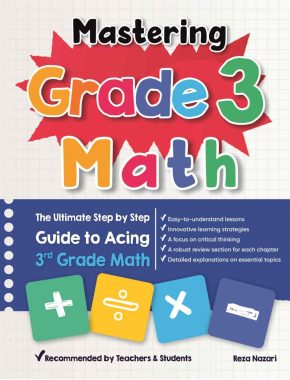
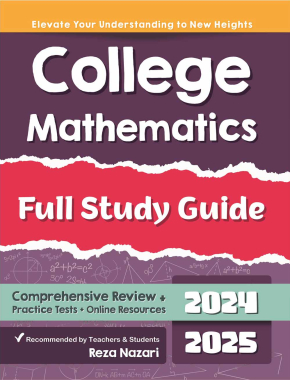

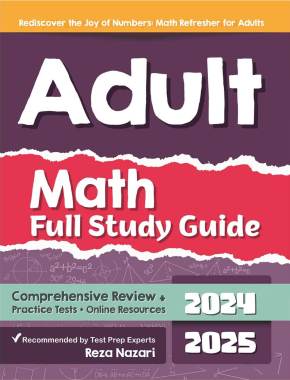
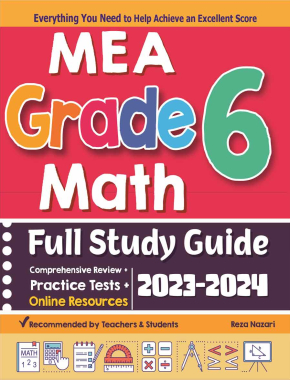
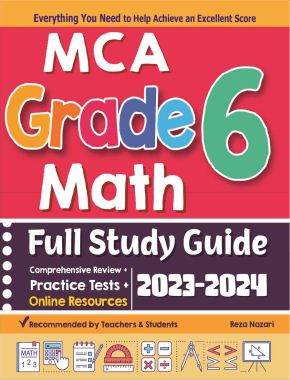
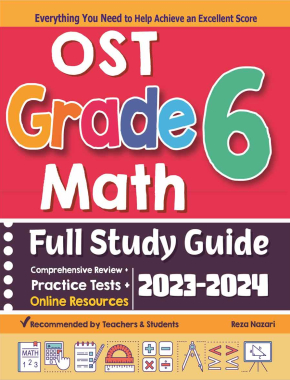
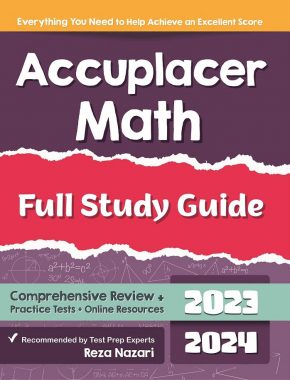
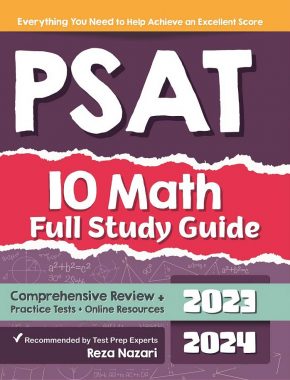
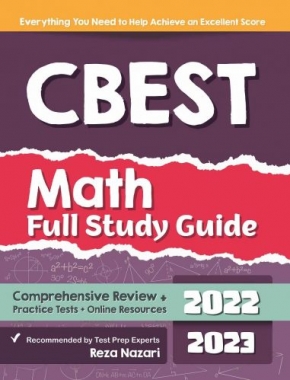
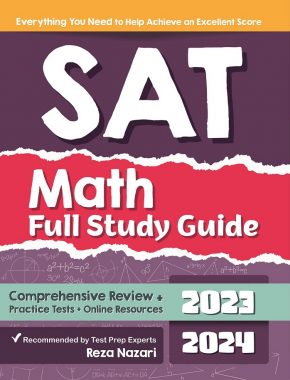
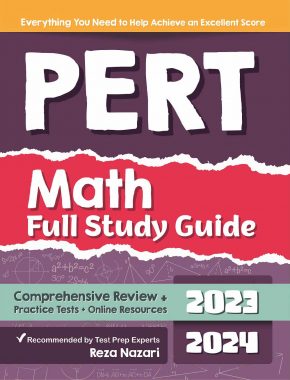
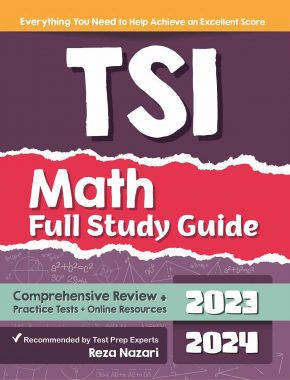
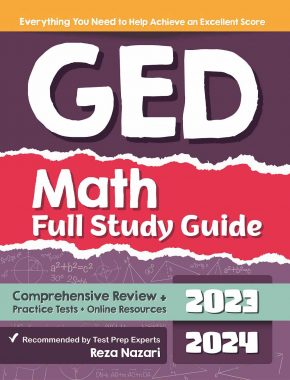
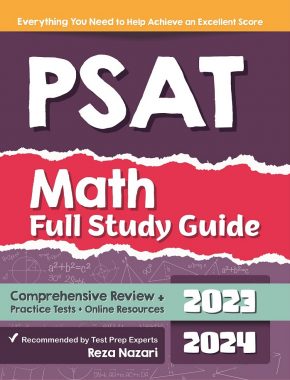
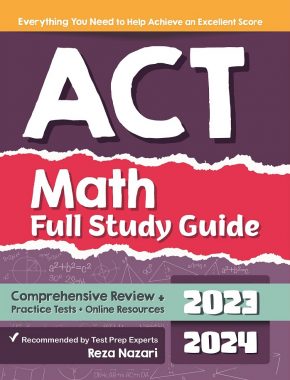










What people say about "Comprehensive Tests for Convergence and Divergence of Infinite Series - Effortless Math: We Help Students Learn to LOVE Mathematics"?
No one replied yet.